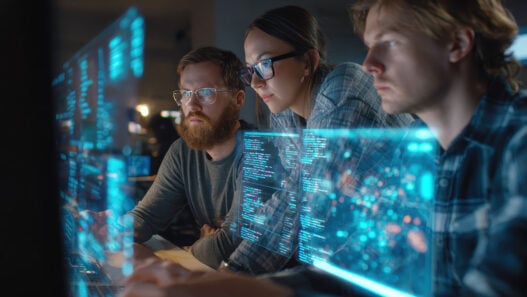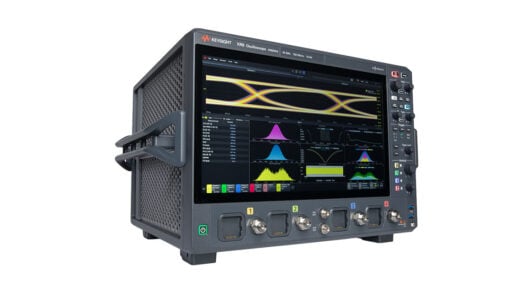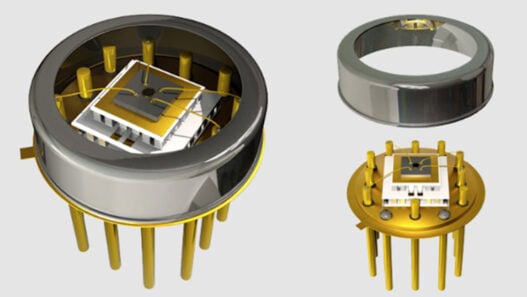Kyocera’s AI object-recognition technology instantly recognises multiple purchase items with a single camera, even when items overlap in the checkout space. Also, Kyocera’s AI architecture and extensive database of different product types reduces the machine learning time required when a store introduces a new product.
Development background
Self-checkout and automated AI payment systems are becoming more common at retail and convenience stores, especially in Japan, where automation represents a key solution to the growing labor shortage. Additionally, these systems offer a potential means of preventing COVID-19 and other transmissible infections by reducing physical contact. However, conventional barcode-based systems are viewed as too time-consuming by many customers, and automated AI-based systems using multiple cameras require large-scale capital investment.
Kyocera’s Smart checkout system overcomes both obstacles: it can instantly recognise multiple overlapping products, making checkout more efficient while reducing physical contact; and, it can operate with a single camera, PC, and display, making deployment easier and more affordable.
Technology highlights
Using proprietary technology developed by Kyocera’s Research and Development Division, Kyocera’s Smart checkout System offers three main features:
- Low cost, easy deployment
The entire system requires just one camera, PC, and display at each checkout counter, reducing capital investment and making this new technology affordable.
- High-precision object recognition
Kyocera’s proprietary AI learning technology can accurately recognise multiple products even if they overlap or are in customers’ hands.
- Recognition technology reduces learning time for newly offered products
Utilising Kyocera’s proprietary AI architecture, the system can register and recognise more than 6,000 different types of products. Adding products to the database requires the system only to learn the latest product, whereas other AI -based checkout systems available on the market would need to re-learn all products, leading to a reduction in learning time.







